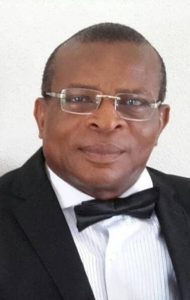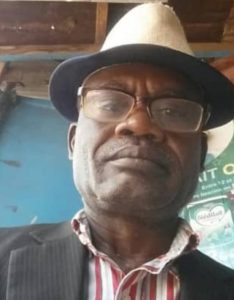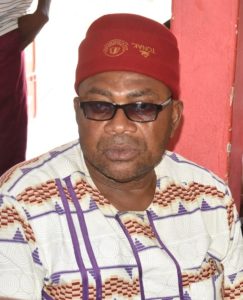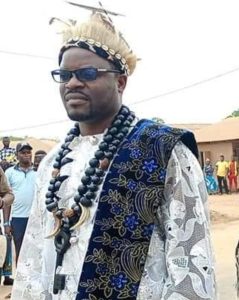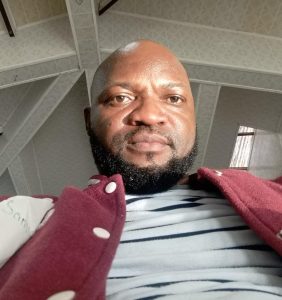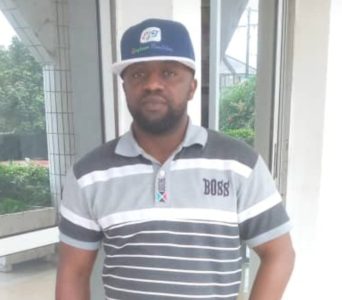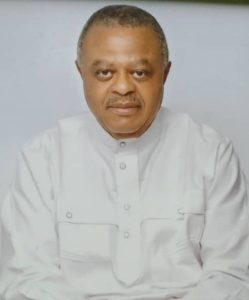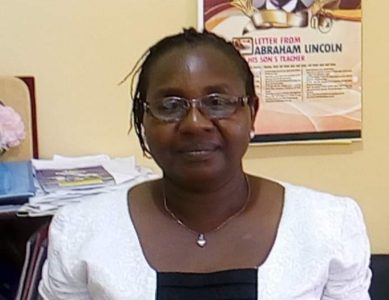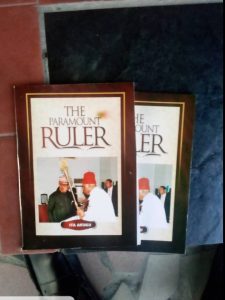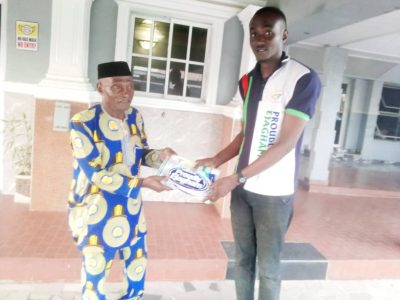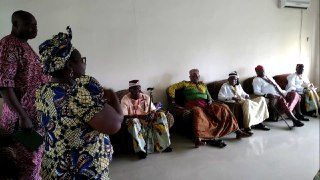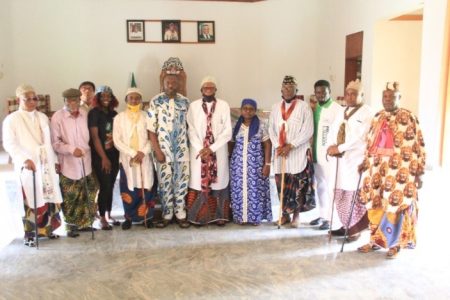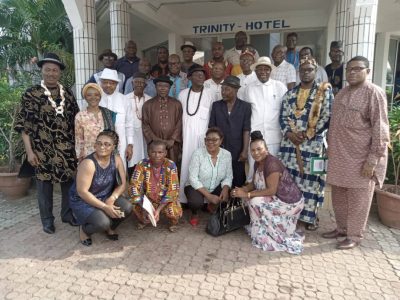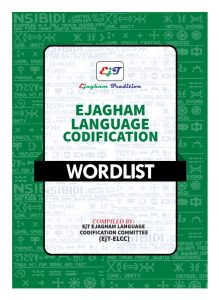Given the dearth of literature on Ejagham Traditional Practices (ETP) and Ejagham Cultural Expressions (ECE), there is a great need for a radical, yet constructive, documentation of all aspects of Ejagham heritage. Oral Tradition has its place, but death and memory loss call for a more durable and contemporary means of preserving a people’s history and reality.
It is a fact that several aspects of Ejagham heritage which include our tradition, cultures, customs, and values are at the risk of Erosion, Dilution, Adulteration, Misinterpretation, and perhaps Extinction (EDAME). This is influenced mainly by Modernisation; Urbanisation; Migration, especially of young people; Technology; Lack of standardisation and one-stop-shop for Ejagham Traditional Practices (ETP) and Ejagham Cultural Expressions (ECE); General short attention span in this era, etc. To address these challenges and further advance Ejagham, Ejagham Tradition Centre (EjT) is thus embarking on structured documentation of Ejagham Heritage and ideas in other to preserve, safeguard, project, and improve Ejagham people and local communities through a Journal and Book Project.
The journal is titled Ejagham Journal: An International Journal of Science, Social Sciences, and Humanities. The editorial board oversees the management and publication of this journal and the book. Here, Ejagham and Non-Ejagham intellectuals publish their research on any aspect of Ejagham heritage. This Journal is not predatory, since it is not created for academic promotions. It is simply created to preserve and update Ejagham intellectual heritage. Though, it is hoped that shortly, it shall become a high index journal where scholars around the globe can publish on Ejagham to get academic upgrading.
On the other hand, the Book accommodates all kinds of literature on Ejagham Tradition and Practices. It is titled: Ejagham Tradition and Practices. Here, contributors simply document whatever they know about Ejagham’s past and present, especially as it relates to their immediate Ejagham community. This book accommodates Essays, Narratives, Poems, Folklores, Myths/Legends, Values, Beliefs, Festivals, Cultural Displays, Culinary, Recreation, Knowledge of Nature and the Universe etc. It shall be published in volumes. This book is an open space where non-academic writers can become authors on Ejagham as well.
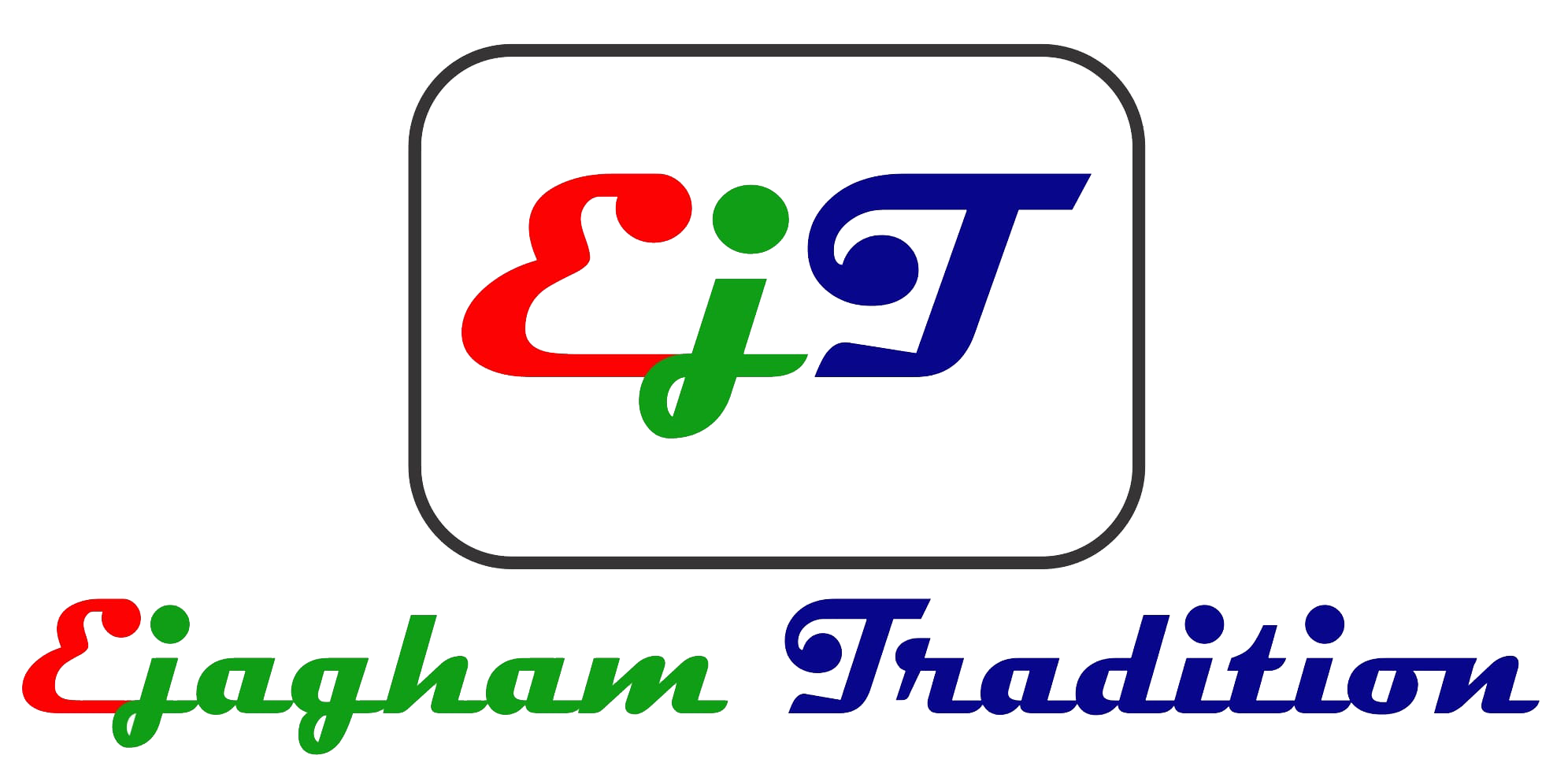


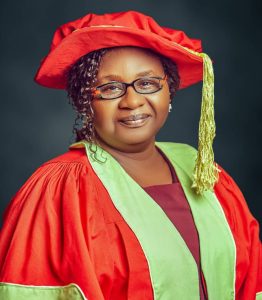
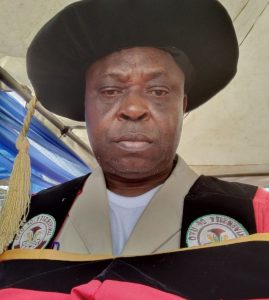

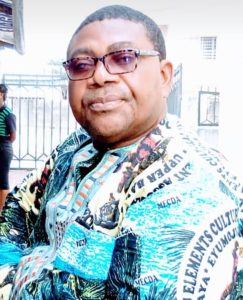
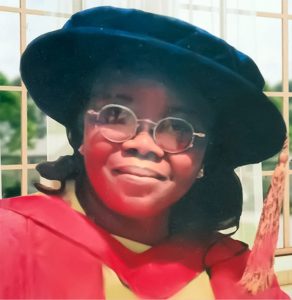
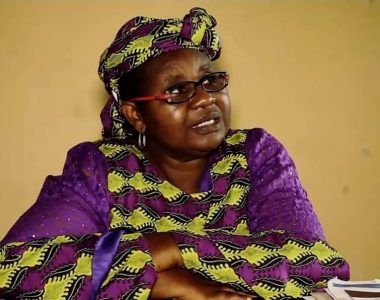
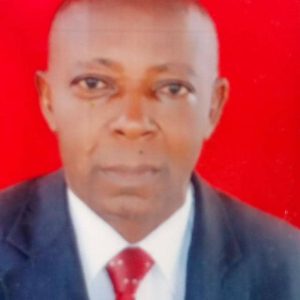


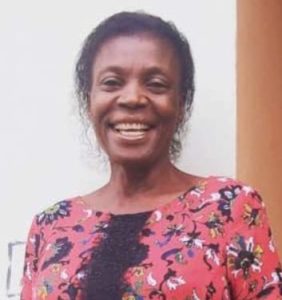
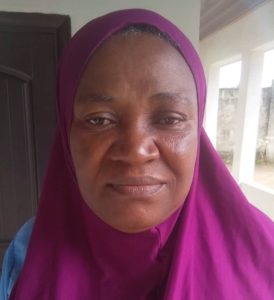

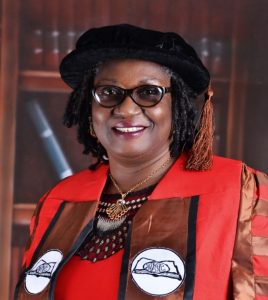
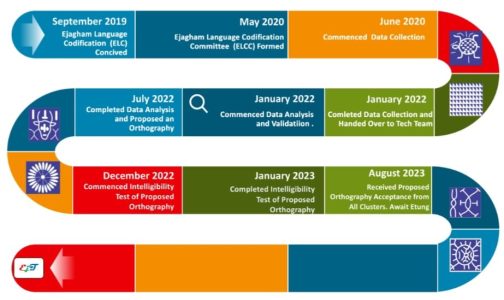
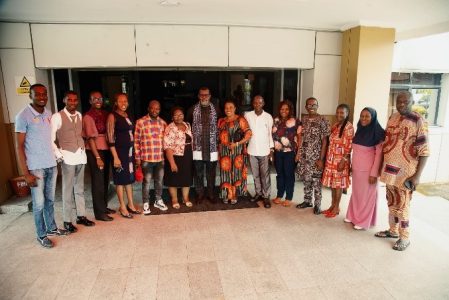
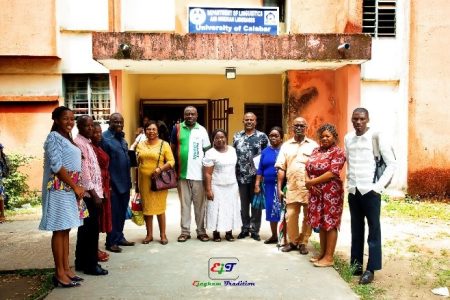
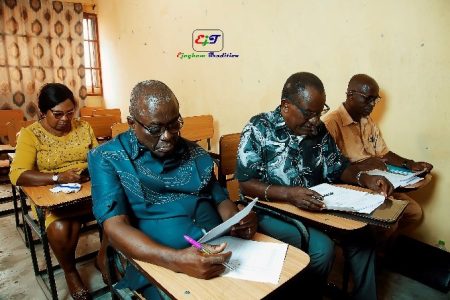
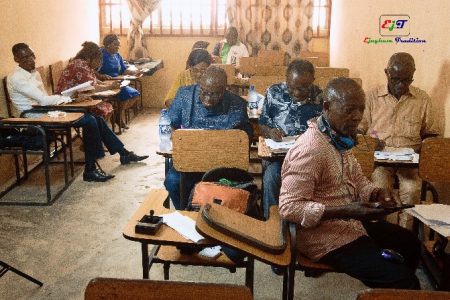

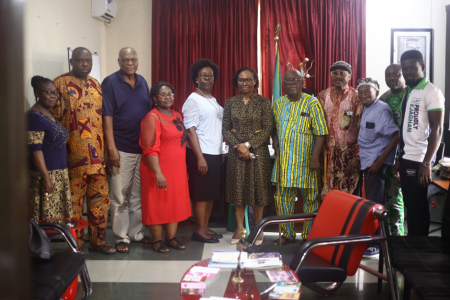
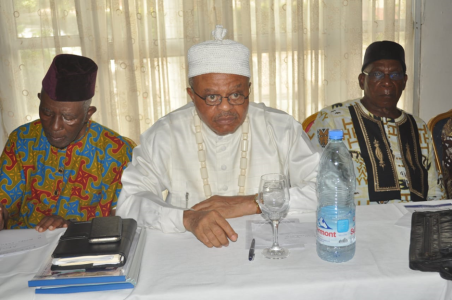
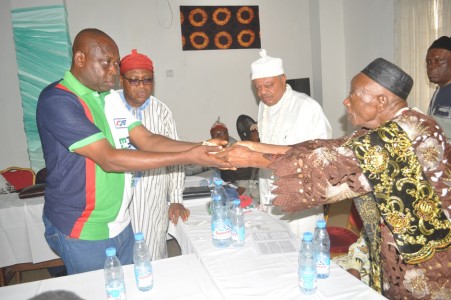
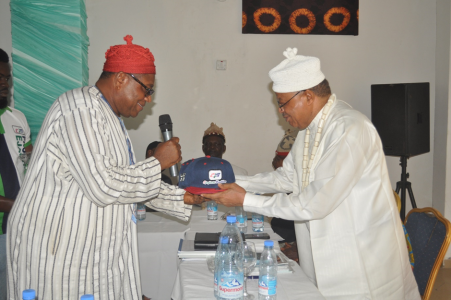
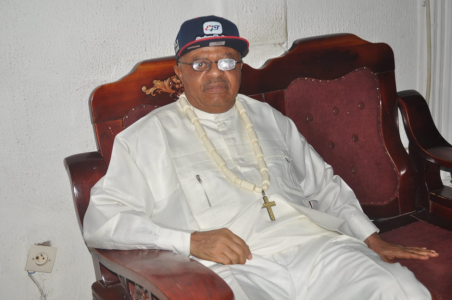
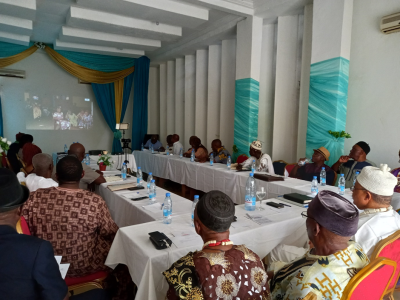
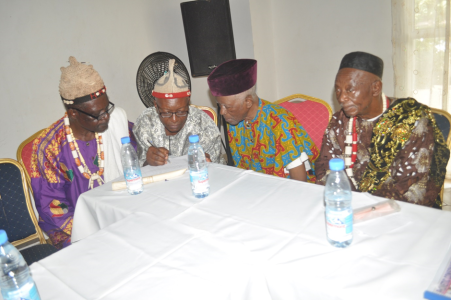
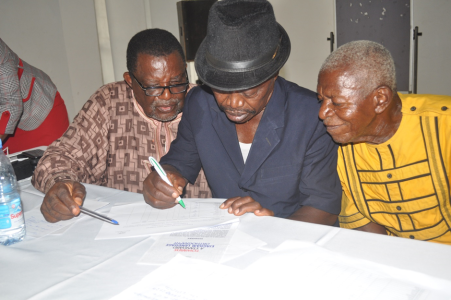
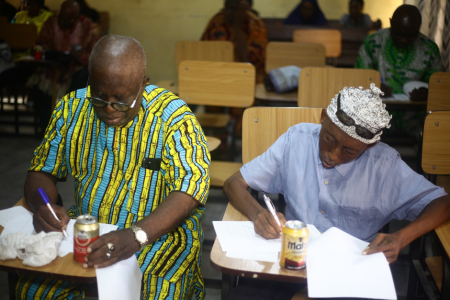
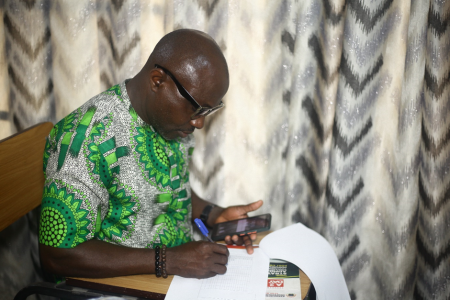
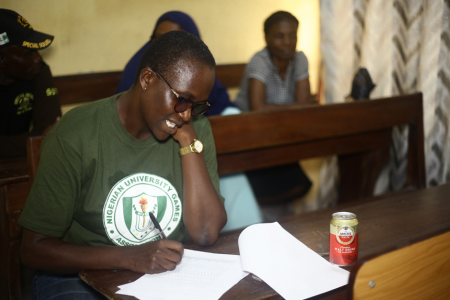
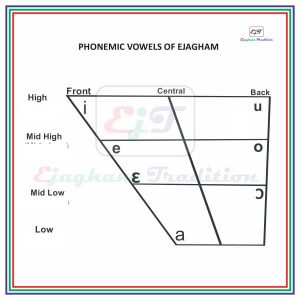
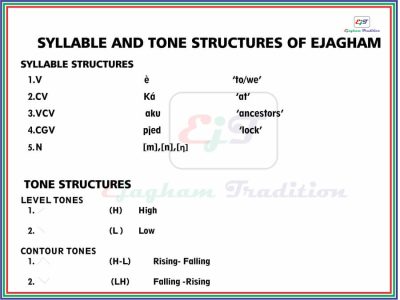
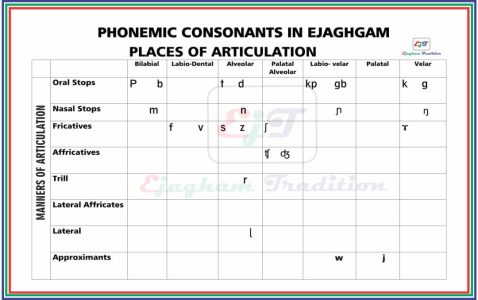
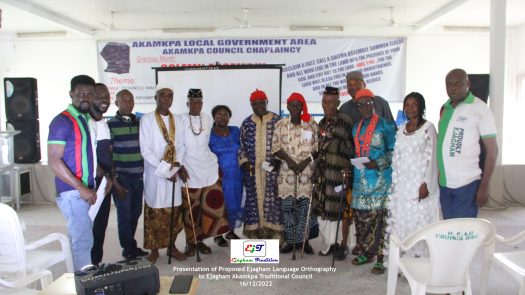
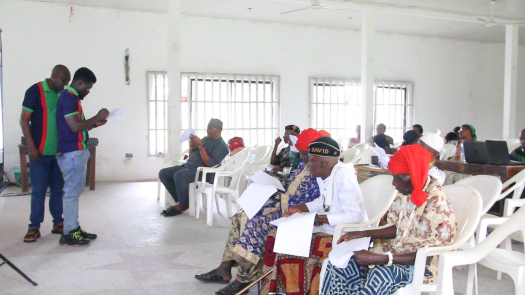
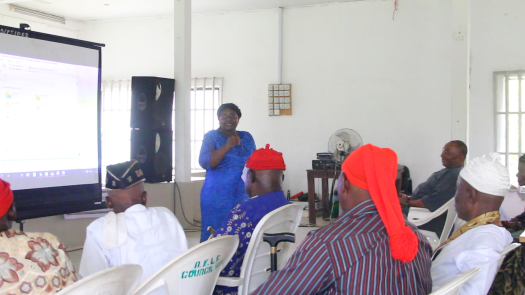
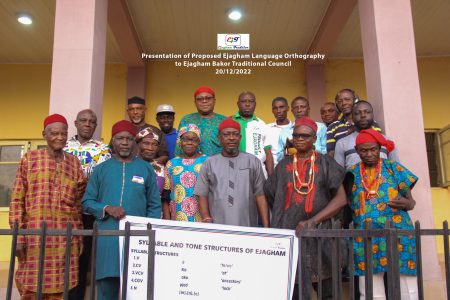
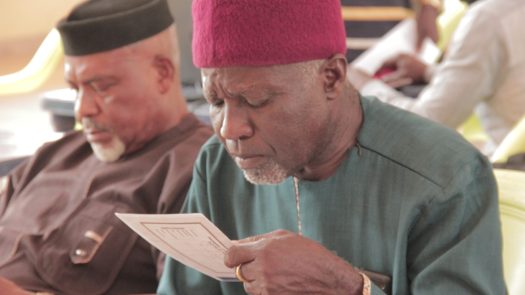
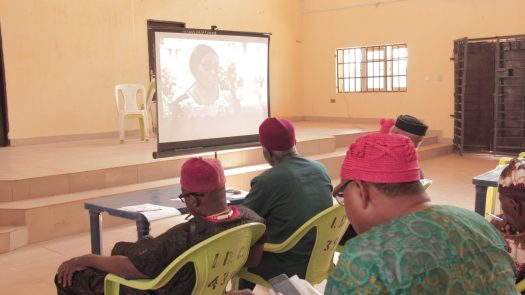
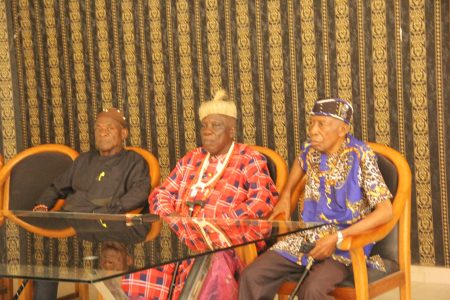
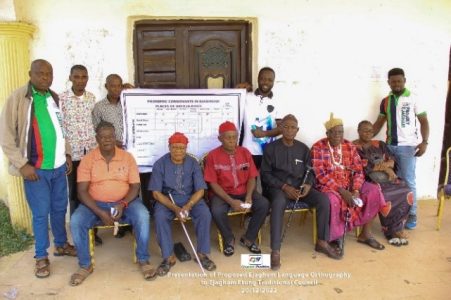
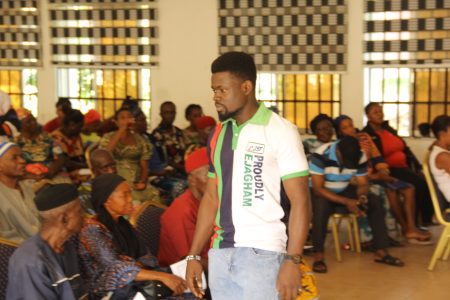
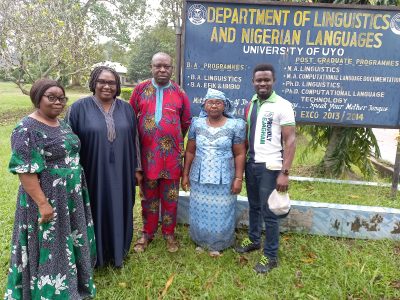
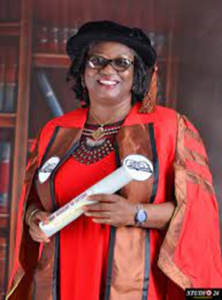

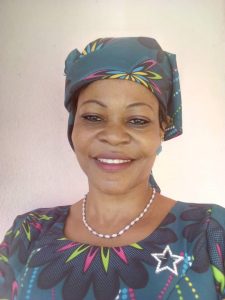
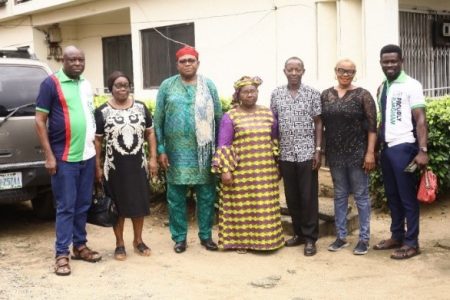
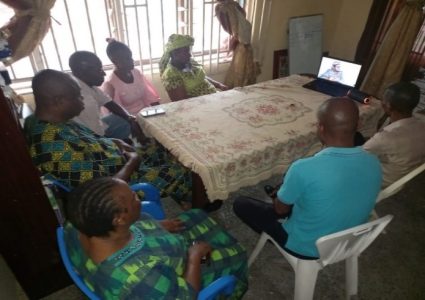
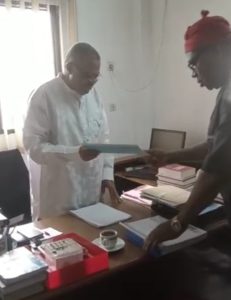
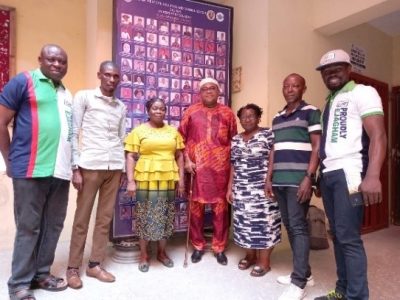
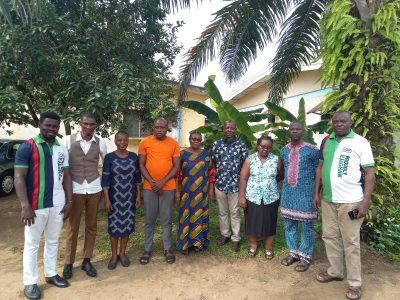
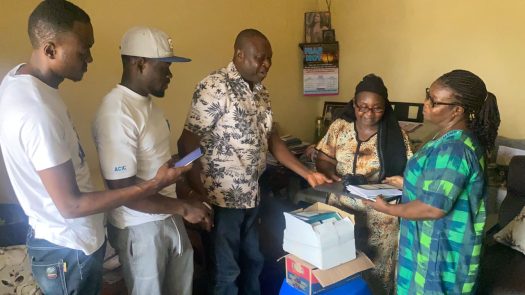
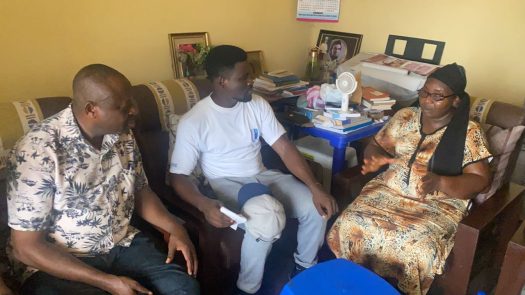
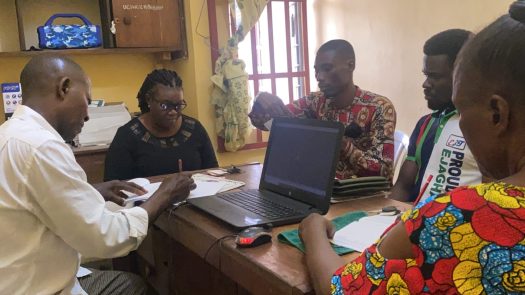
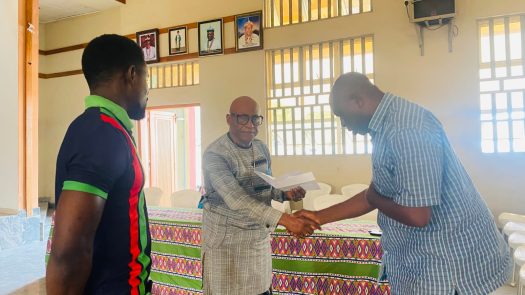
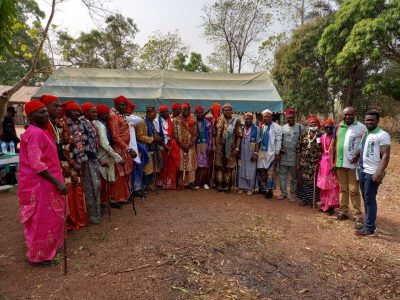
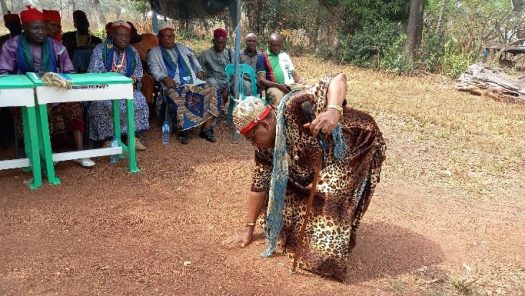
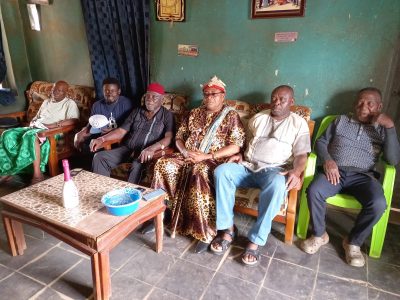
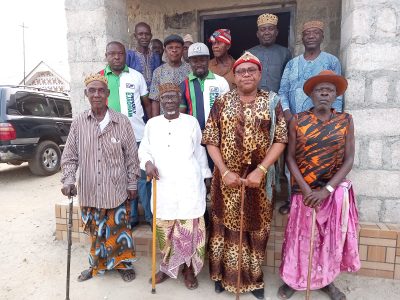
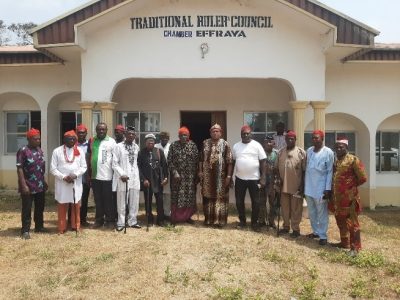
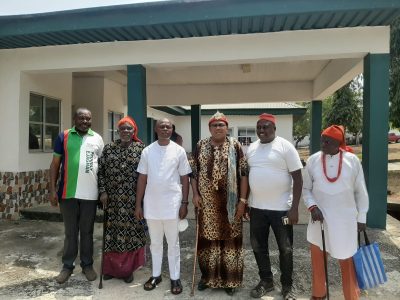

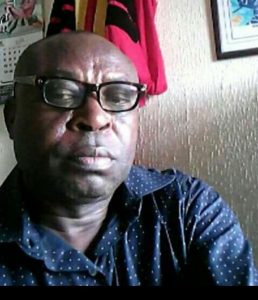
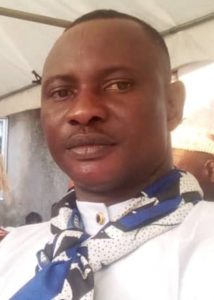

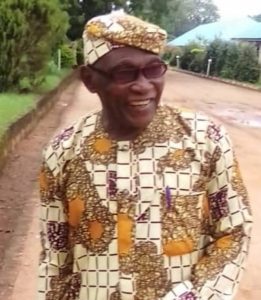

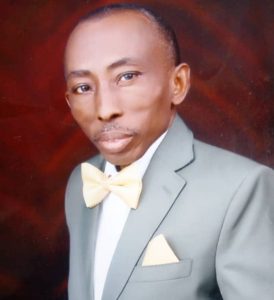
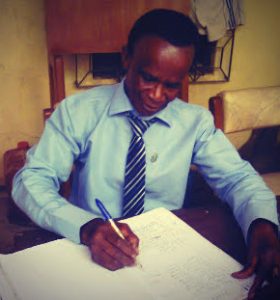

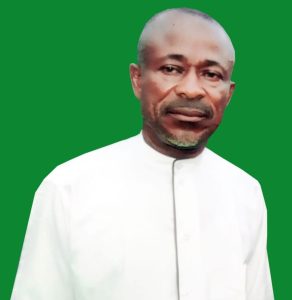
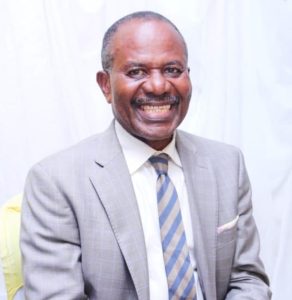
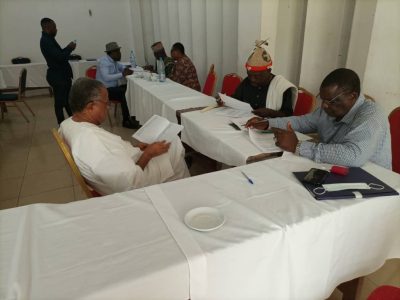 During the data collection phase of the project, the Eyumojock Traditional Rulers Association were exemplary in demonstrating commitment of purpose to the Codification Project. They did not delegate. They rolled up their sleeves and got the job done. Completing a 1000-word Wordlist was not an easy feat but working together, they made the exercise look easy.
During the data collection phase of the project, the Eyumojock Traditional Rulers Association were exemplary in demonstrating commitment of purpose to the Codification Project. They did not delegate. They rolled up their sleeves and got the job done. Completing a 1000-word Wordlist was not an easy feat but working together, they made the exercise look easy.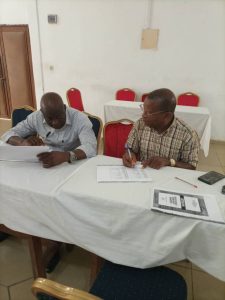 Such was their commitment that Eyumojock Traditional Rulers Association was the first of all clusters to submit a completed Wordlist from all three cluster in Ejagham Cameroon.
Such was their commitment that Eyumojock Traditional Rulers Association was the first of all clusters to submit a completed Wordlist from all three cluster in Ejagham Cameroon.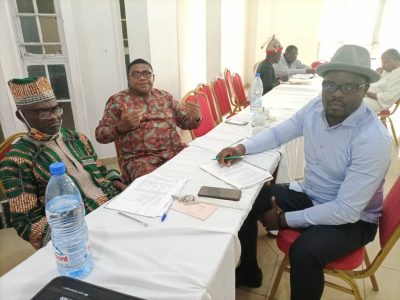 The leadership of Eyumojock Traditional Rulers Association supervised the Wordlist and Voice-over recording. They include the President of Eyumojock Traditional Rulers Association Chief Obenofunde Moses and Chief Ita Jacques Ayamba as well as Chief Batae Enoh.
The leadership of Eyumojock Traditional Rulers Association supervised the Wordlist and Voice-over recording. They include the President of Eyumojock Traditional Rulers Association Chief Obenofunde Moses and Chief Ita Jacques Ayamba as well as Chief Batae Enoh.
